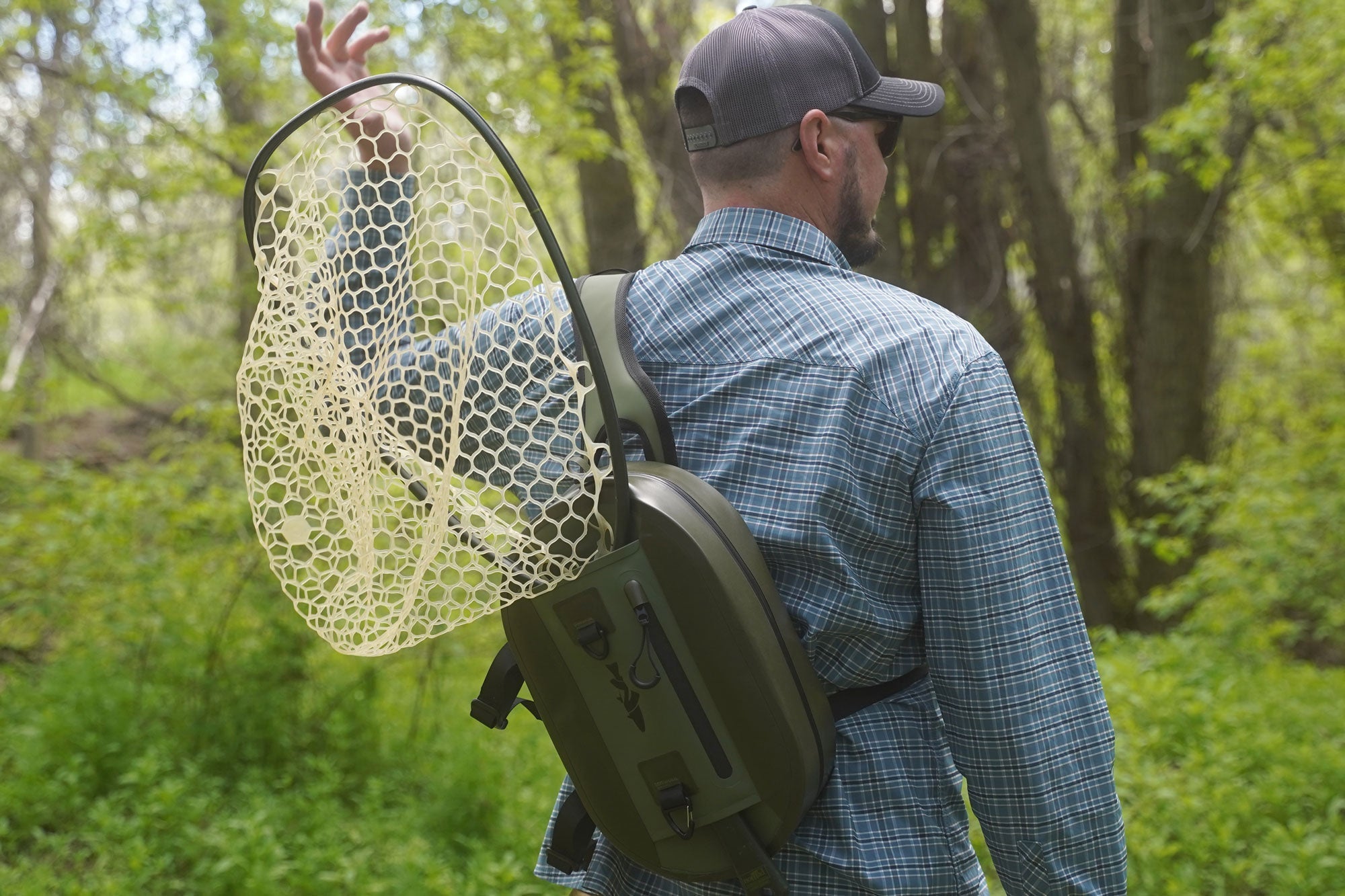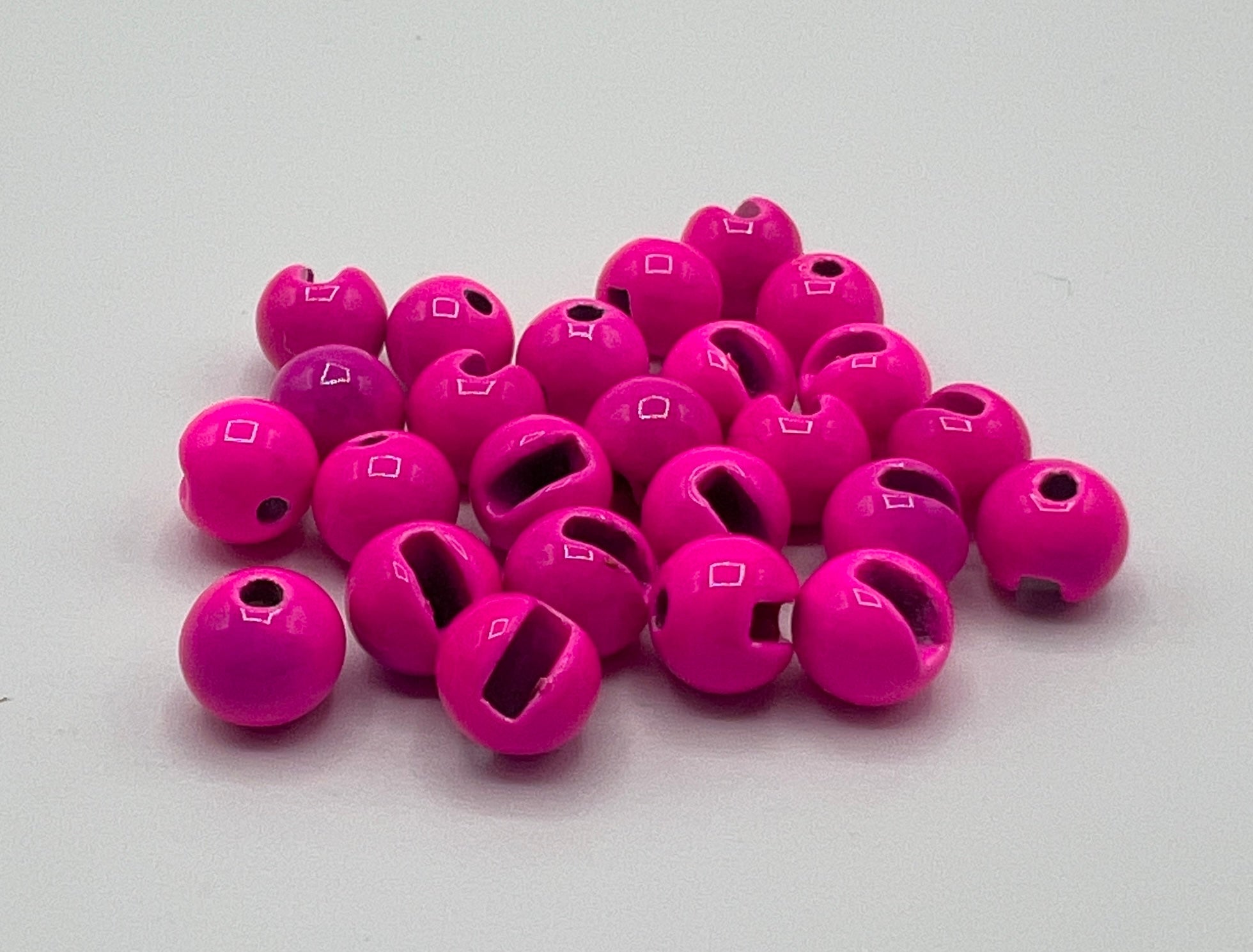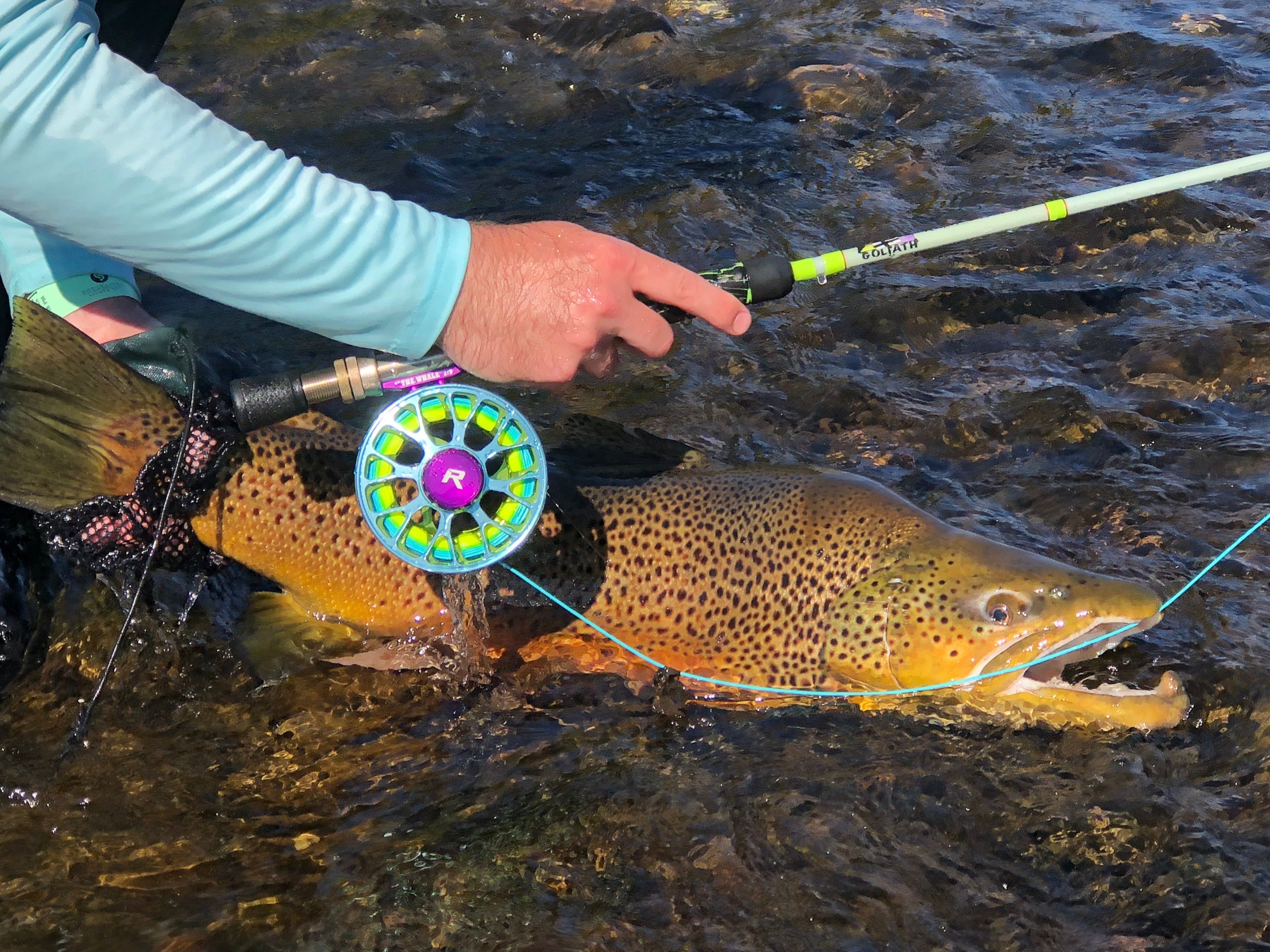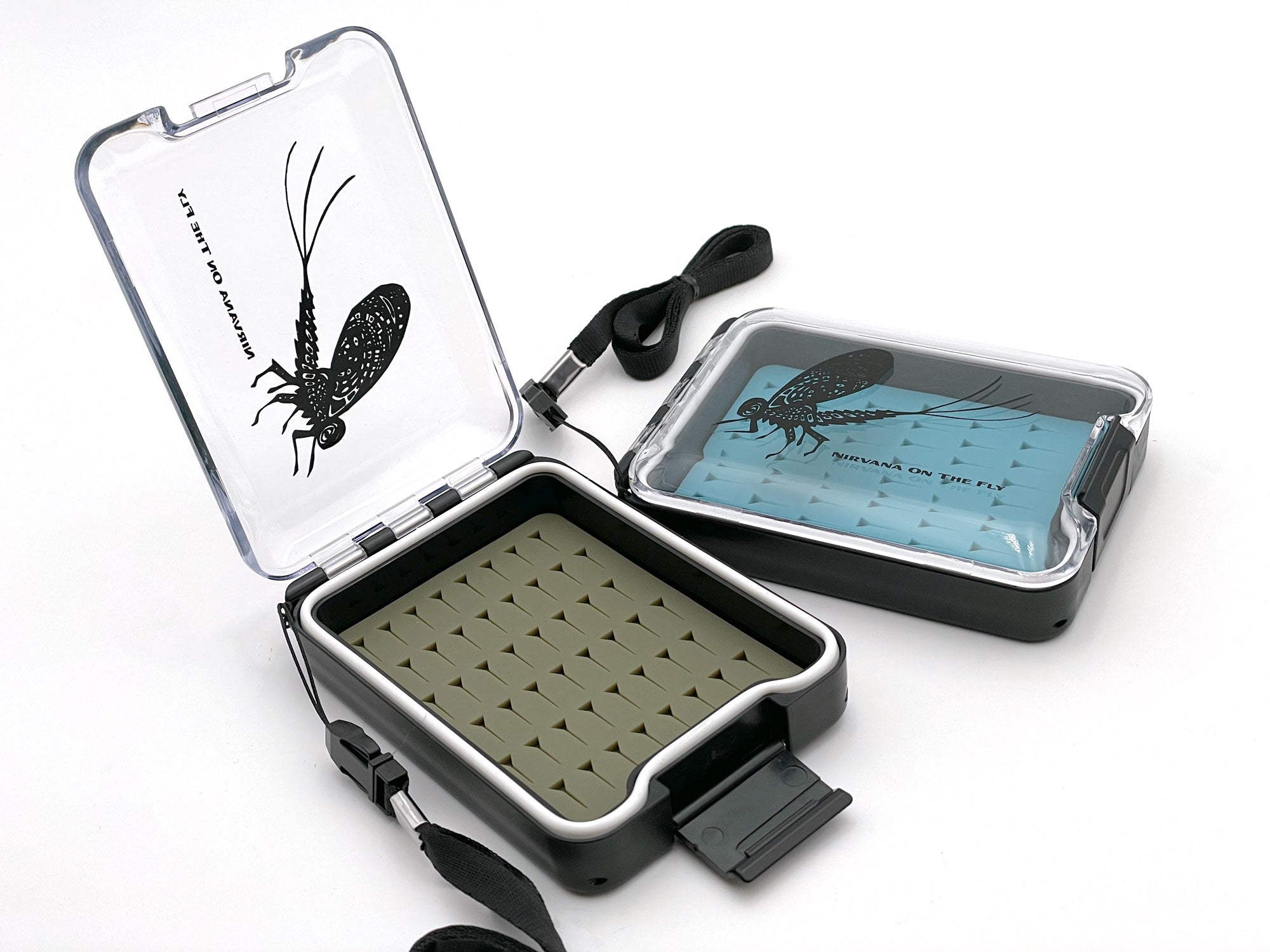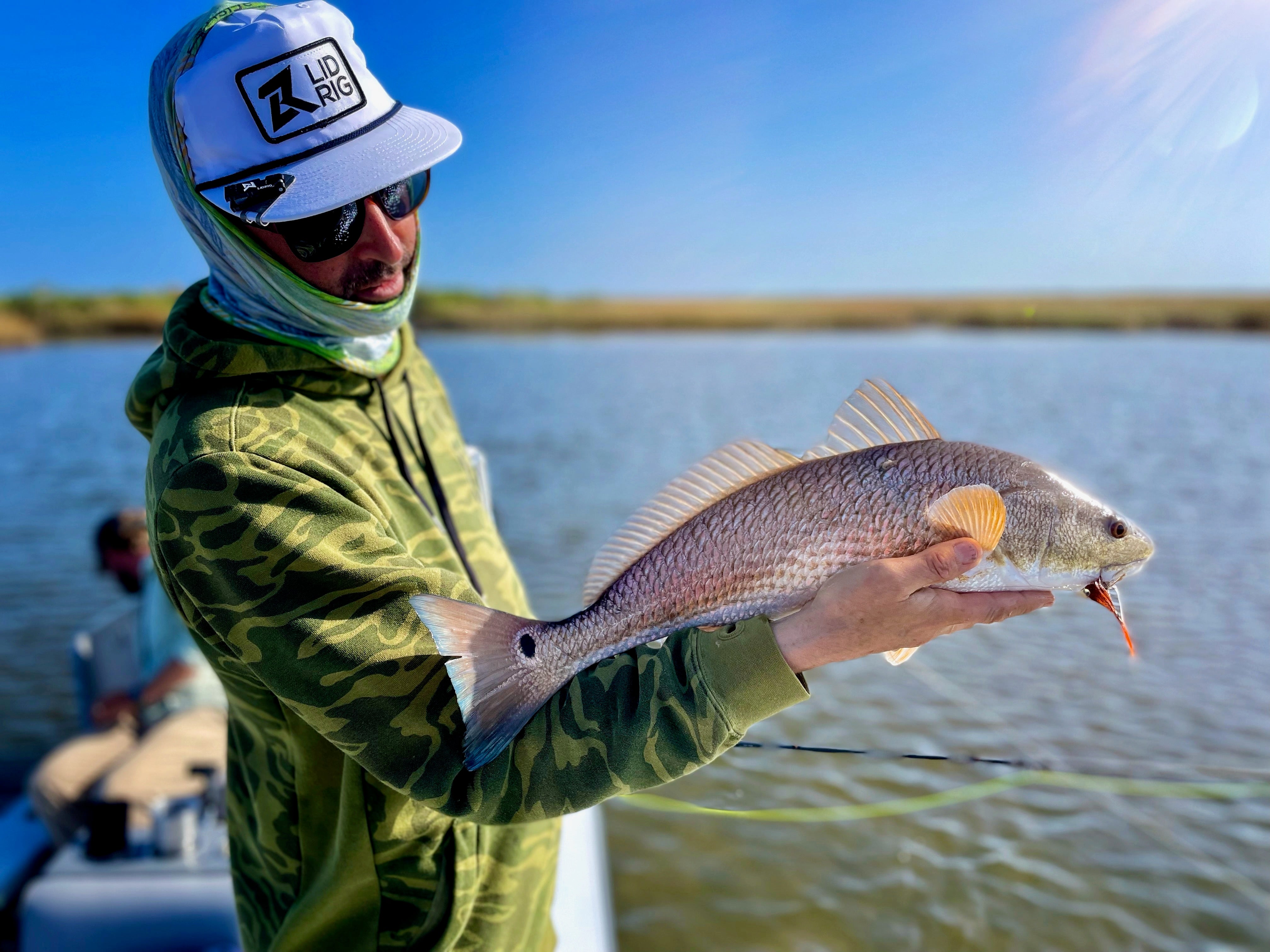Planning Car Camping Fishing Trips
Q: What are the advantages of car camping for fly fishing trips? A: You can bring more gear including multiple rod setups, larger fly selections, and comfort items. Easy access to vehicle for weather protection, food storage, and gear organization. Lower physical demands than backpacking while still accessing many great fishing destinations. Cost-effective compared to lodges or hotels.
Q: How do I choose campsites for optimal fishing access? A: Look for campgrounds near fishing waters, check proximity to multiple fishing spots, and consider vehicle access to different areas. Some campgrounds offer direct water access, while others may require short drives to fishing spots. Research amenities like fish cleaning stations and gear storage.
Q: What's the best way to research car camping fishing destinations? A: Use resources like Reserve America, state park websites, and fishing forums. Look for campgrounds near national forests, state parks, or other public waters. Check fishing regulations, camping fees, and reservation requirements. Local fishing guides often know the best camping areas.
Q: How far in advance should I book car camping spots? A: Popular fishing destinations book up early, especially for peak seasons (summer in most areas). Reserve 3-6 months ahead for prime spots during peak times. Some campgrounds operate on first-come, first-served basis, but these fill quickly during good fishing seasons.
Vehicle and Gear Organization
Q: How should I organize my fishing gear for car camping? A: Use plastic storage containers or tackle bags for different gear categories. Keep frequently used items easily accessible. A gear organizing system prevents lost tackle and saves time on the water. Consider a rear cargo organizer or roof box for additional storage.
Q: What's the best vehicle setup for car camping fishing trips? A: SUVs and trucks offer most storage and can handle rough access roads. Consider roof racks for rods, cargo boxes for gear, and interior organizers. Pickup trucks allow for easy loading of camping and fishing gear. Ensure your vehicle can handle the terrain to your chosen destinations.
Q: Should I bring multiple rod setups when car camping? A: Absolutely. Bring rods for different situations - dry fly rod, nymph rod, streamer setup, etc. Include different line weights for various conditions. Having backup equipment prevents trip disasters if primary gear fails. Weight isn't a major concern like with backpacking.
Q: How do I protect fishing gear in my vehicle? A: Use hard cases for valuable rods, secure reels in padded bags, and organize flies in tackle boxes. Avoid leaving gear visible in the vehicle when away from camp. Consider cable locks for expensive items. Temperature extremes can damage lines and reels, so provide shade when possible.

Campsite Setup and Management
Q: What's the ideal campsite layout for fishing trips? A: Position your tent away from cooking and gear areas. Set up a dedicated fly tying/gear organization station under a tarp or at a picnic table. Hang wet waders and gear to dry. Keep fishing gear organized and easily accessible for early morning departures.
Q: How do I handle wet gear when car camping? A: Bring extra tarps or clotheslines for drying waders, wading boots, and other gear. Ventilated storage areas in your vehicle help prevent mildew. Consider portable gear dryers for extended trips. Have backup dry clothes and gear for multiple fishing days.
Q: What cooking and food storage considerations are unique to fishing trips? A: Bring coolers for keeping caught fish (where legal), easy breakfast options for early fishing starts, and hearty dinners after long fishing days. A camp stove provides reliable cooking regardless of fire restrictions. Consider portable grills for cooking fresh fish.
Q: How do I keep my campsite organized during multi-day fishing trips? A: Establish designated areas for different gear types, use labeled storage containers, and maintain a clean camp to avoid attracting wildlife. Set up a gear staging area for the next day's fishing. Keep camp chores simple so you maximize fishing time.
Accessing Fishing Waters
Q: What vehicle considerations matter for reaching remote fishing spots? A: Ground clearance for rough roads, all-wheel or four-wheel drive for uncertain conditions, and reliability for remote areas. Know your vehicle's limitations and carry basic recovery gear (tow straps, shovel, etc.). Check road conditions and closures before departing.
Q: How do I find the best fishing access points from car camping areas? A: Study maps and talk to other campers and local anglers. Many campgrounds have information boards with local fishing information. Drive around to scout access points before committing to long hikes. GPS apps can help mark productive spots for future reference.
Q: Should I move camp frequently or stay in one location? A: Base camping allows you to establish a comfortable setup and explore different waters daily. Moving camp provides access to different regions but requires more setup/breakdown time. Consider the quality and variety of fishing opportunities when deciding.
Q: What's the best strategy for fishing multiple waters from one campsite? A: Choose central locations that provide access to different water types (streams, lakes, different elevations). Plan daily destinations based on conditions, weather, and fishing pressure. Keep a log of productive spots and conditions for future reference.
Seasonal Car Camping Strategies
Q: What makes spring car camping fishing trips special? A: Less crowded campgrounds, excellent fishing as fish become active, and comfortable weather. However, be prepared for variable conditions and possible campground closures at higher elevations. Stream access may be limited by high water from snowmelt.
Q: How do I handle summer heat while car camping and fishing? A: Choose higher elevation campgrounds for cooler temperatures, focus on shaded campsites, and fish during cooler parts of the day. Bring adequate sun protection and cooling gear. Consider portable fans or shade structures for camp comfort.
Q: What are the challenges and rewards of fall car camping fishing? A: Rewards include excellent fishing, beautiful scenery, and fewer crowds. Challenges include variable weather, possible early snow at elevation, and shorter daylight hours. Be prepared for sudden weather changes and have appropriate cold-weather gear.
Q: Is winter car camping feasible for fishing trips? A: Yes, in areas with open water and accessible campgrounds. Requires serious cold-weather gear and preparation. Many campgrounds close in winter, but some remain open with reduced services. Check road conditions and weather forecasts carefully.
Safety and Practical Considerations
Q: What safety equipment should I bring for car camping fishing trips? A: First aid kit, emergency communication device, extra food and water, basic tools for vehicle issues, and weather protection. Know the location of nearest medical facilities. Inform others of your plans and check-in schedules.
Q: How do I handle wildlife encounters while car camping? A: Store food properly (bear boxes, locked vehicles, or hanging), keep a clean camp, and know how to respond to local wildlife. Many camping areas have specific wildlife protocols. Never feed animals and secure all scented items including toiletries and fishing gear.
Q: What should I do if weather becomes dangerous while car camping? A: Monitor weather forecasts and have evacuation plans. Your vehicle provides shelter from severe weather. Know signs of dangerous conditions like flash flood potential. Have alternate indoor shelter options identified near your camping area.
Q: How do I handle mechanical problems in remote camping areas? A: Carry basic tools, spare tire, jumper cables, and emergency repair materials. Know basic vehicle maintenance and carry extra fluids. Have roadside assistance coverage and emergency communication devices. Consider traveling with other vehicles for remote destinations.
Gear and Comfort Optimization
Q: What camping gear enhances the fishing trip experience? A: Comfortable seating for evening fly tying, good lighting for gear organization, portable tables for fly tying and gear setup, and quality sleeping gear for rest between fishing days. Weather protection extends fishing opportunities.
Q: Should I bring a portable fly tying setup when car camping? A: Definitely. Evening fly tying is a great way to prepare for the next day and customize patterns for local conditions. Bring a portable vise, basic materials, and good lighting. Tying flies based on what you observed during the day often improves success.
Q: How do I balance comfort with mobility for car camping trips? A: Bring comfort items that don't significantly impact packing efficiency. Prioritize items that improve sleep, food preparation, and gear organization. Leave luxury items that won't meaningfully improve your fishing or camping experience.
Q: What electronics and technology are useful for car camping fishing? A: GPS for navigation and marking fishing spots, weather radios for conditions, phone chargers/power banks, and fish finders if fishing lakes. Solar panels or portable generators can keep devices charged during extended trips.
Social and Environmental Considerations
Q: How do I practice good campground etiquette on fishing trips? A: Keep noise levels down, especially during early morning fishing departures. Respect other campers' space and quiet hours. Share information about fishing conditions with fellow anglers. Keep campsites clean and follow all campground rules.
Q: What's the proper way to clean fish at car camping locations? A: Use designated fish cleaning stations when available. If cleaning fish at your campsite, do so well away from water sources and camp areas. Dispose of waste properly - either in designated areas or pack it out. Never leave fish remains where they can attract wildlife.
Q: How do I minimize my environmental impact while car camping? A: Follow Leave No Trace principles, use established campsites and fire rings, properly dispose of all waste including fishing line, and avoid damaging vegetation. Stay on designated roads and trails. Pack out everything you pack in.
Q: Should I share information about productive fishing spots with other campers? A: Use discretion based on the situation and conservation needs. General area information is usually fine, but consider the impacts of sharing specific productive spots. Focus on sharing techniques and fly patterns rather than exact locations.
Car camping provides an excellent balance between comfort and access to quality fishing waters. The ability to bring more gear, establish comfortable base camps, and easily access multiple fishing locations makes it ideal for many fishing trips. Success comes from good organization, proper vehicle preparation, and choosing locations that provide access to diverse fishing opportunities.


